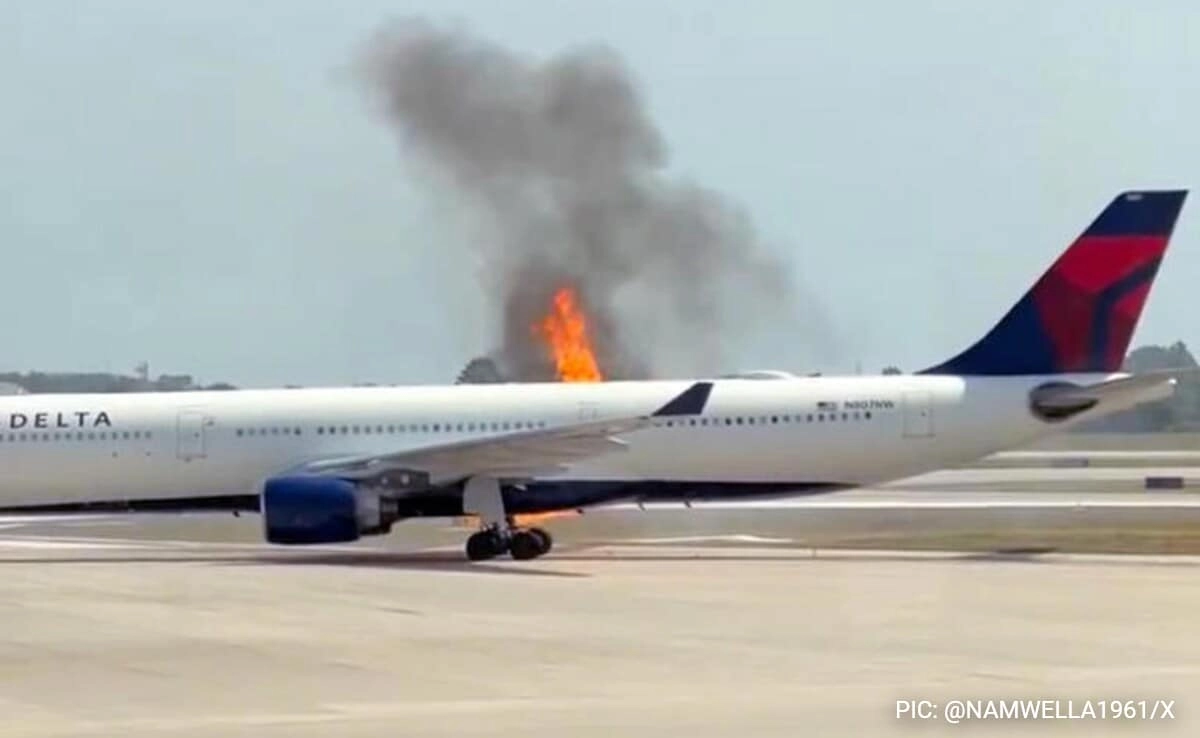The recent terror attack in Pahalgam has elicited a strong reaction from former Prime Minister Imran Khan, who described the incident as “deeply disturbing and tragic.” This attack, which resulted in the loss of innocent lives and instilled fear among the local population, highlights the ongoing challenges faced by the region regarding security and stability. Khan’s condemnation of the violence underscores the urgent need for a comprehensive strategy to address the root causes of such acts and to enhance safety measures for citizens.
Imran Khan emphasized that violence and terror have no place in society, and he called for unity and resilience among the people in the face of such tragedies. His statements reflect a broader concern about the rising incidents of violence that threaten the peace and harmony of the region. In his address, he also urged the government to take swift and decisive actions against those responsible for the attack, reinforcing the idea that accountability is crucial in restoring public confidence in the state’s ability to protect its citizens.
The Pahalgam attack serves as a grim reminder of the persistent threat posed by extremist groups, which not only impacts local communities but also affects the larger geopolitical landscape. As tourism and local economies rely heavily on the stability of such areas, incidents like these can have far-reaching consequences. Khan’s remarks bring attention to the need for a multi-faceted approach that includes dialogue, law enforcement, and community engagement to foster an environment of peace and security.
In light of this tragic event, it is imperative for all stakeholders, including political leaders, security forces, and civil society, to come together to combat the menace of terrorism. The path forward must involve collaboration and a commitment to addressing the underlying issues that fuel violence. Only through a concerted effort can the region hope to achieve lasting peace and prevent further tragedies like the one witnessed in Pahalgam.




